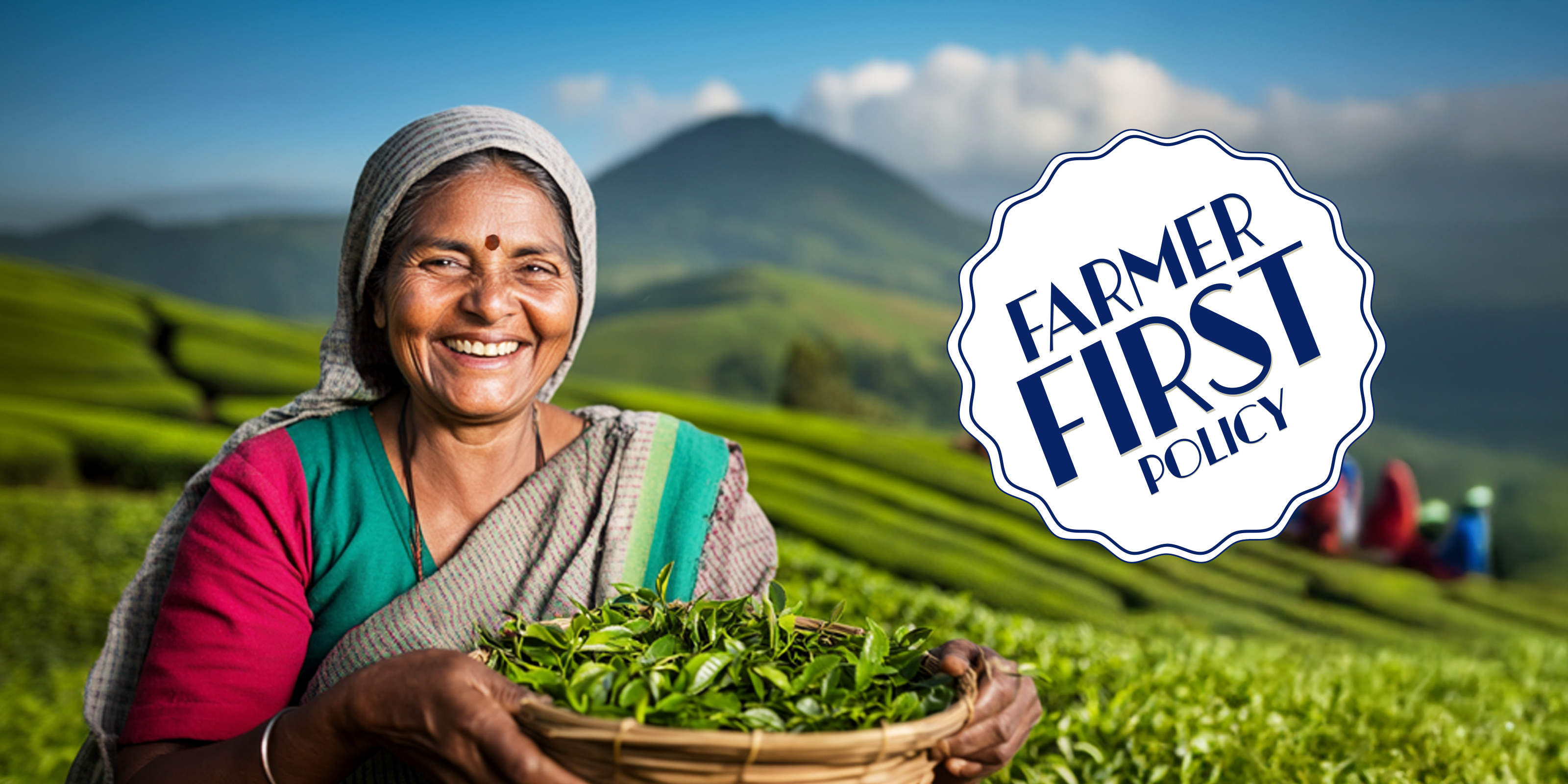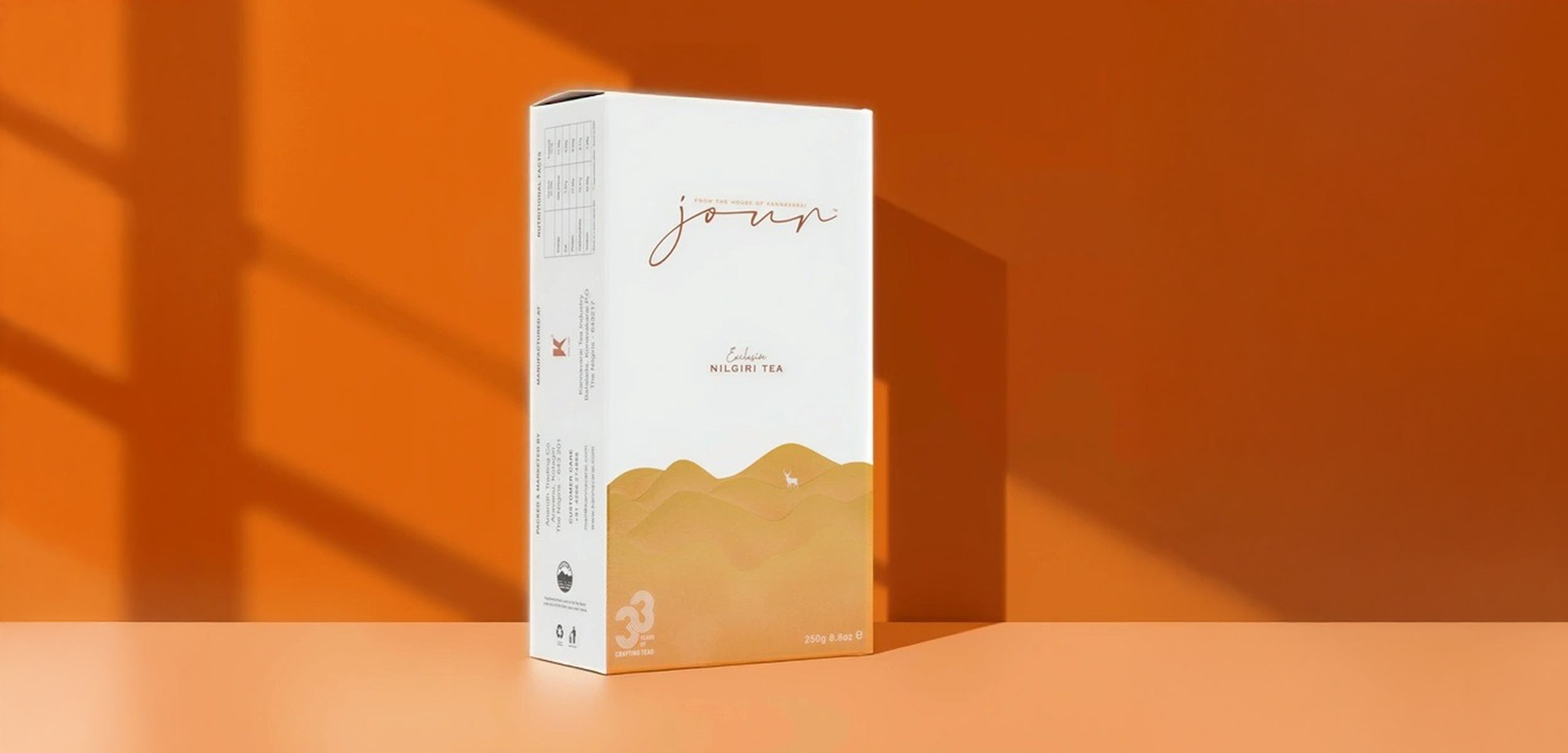When it comes to Indian tea, most people are familiar with the rich flavors of Assam or the delicate notes of Darjeeling. However, nestled in the southern part of the country, the Nilgiri region produces a tea that deserves equal attention—Nilgiri tea. Known for its refreshing aroma, smooth texture, and unique flavor profile, Nilgiri tea is an often-overlooked gem in the world of tea. Let’s take a closer look at this exquisite tea and explore what makes it so special.
The Origins of Nilgiri Tea
Nilgiri tea comes from the Nilgiri Hills, a picturesque mountain range located in the southern part of India, primarily in the states of Tamil Nadu and Kerala. The name “Nilgiri” translates to “Blue Mountains” in Tamil, and the area is known for its stunning landscapes, with lush green tea plantations perched at altitudes between 1,000 and 2,500 meters above sea level.
The tea gardens in this region benefit from the cool climate, rich soil, and ample rainfall, making it an ideal environment for growing high-quality tea. Nilgiri tea was first cultivated in the 19th century by British planters, but it has since become a staple of India’s tea industry. Today, Nilgiri tea is grown in various estates in the region, some of which have been family-run for generations.
The Unique Characteristics of Nilgiri Tea
What sets Nilgiri tea apart from other Indian teas is its distinct flavor profile. Here are some characteristics that make Nilgiri tea so special:
1. Aromatic and Fragrant
Nilgiri tea is known for its beautiful aroma, which is often described as fruity, floral, or even citrusy. The cool climate and high-altitude growing conditions contribute to the tea’s fragrance, making it an aromatic experience from the moment the leaves are steeped.
2. Smooth and Bright Flavor
One of the standout qualities of Nilgiri tea is its smoothness. It has a mild yet brisk flavor that is less astringent than Assam tea but more robust than Darjeeling. The tea is often described as bright, with a clean, refreshing taste that lingers in the mouth. It’s the perfect tea for those who enjoy a balanced, flavorful brew without being overwhelmed by heaviness.
3. Citrusy Undertones
Many Nilgiri teas have a subtle citrus-like note, which makes the tea refreshing and light. This citrusy flavor can range from a mild lemony zest to a more pronounced orange or bergamot undertone, adding complexity to the tea’s profile.
4. Versatility
Nilgiri tea is incredibly versatile and can be enjoyed in various ways. It pairs beautifully with milk and sugar, making it ideal for those who enjoy a classic cup of tea. It is also delicious when served black or iced, as its smooth texture and fresh flavor hold up well without milk. Additionally, Nilgiri tea is often used in premium blends for its bright, lively flavor.






Leave a comment
This site is protected by hCaptcha and the hCaptcha Privacy Policy and Terms of Service apply.